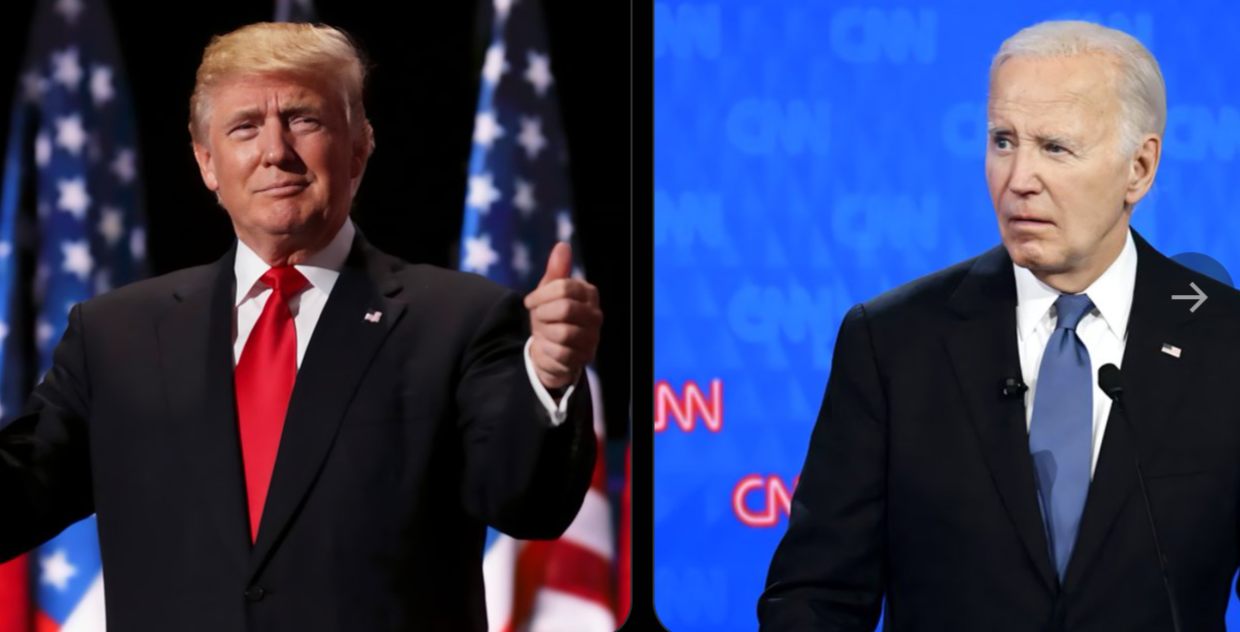PRESIDENT TRUMP has officially CANCELLED ALL UKRAINIAN IMMIGRATION programs
In a significant move that has raised eyebrows across the political spectrum, former President Donald Trump has announced the official cancellation of all Ukrainian immigration programs. This decision, which directly impacts the flow of Ukrainian refugees and immigrants into the United States, has sparked intense debate and controversy. The announcement comes amidst ongoing discussions about immigration reform and the U.S. response to the war in Ukraine. In this article, we’ll explore the reasons behind Trump’s decision, the potential consequences for Ukrainian nationals, and the broader implications for U.S. immigration policy.
The Decision to Cancel Ukrainian Immigration Programs
Trump’s decision to end Ukrainian immigration programs is part of his broader stance on immigration, which has been a central theme throughout his political career. During his presidency, Trump pursued strict immigration policies aimed at reducing the number of people entering the U.S., especially from countries he considered to be high-risk or those with which the U.S. had contentious relationships. His administration implemented policies that significantly curtailed refugee admissions, imposed travel bans on certain countries, and sought to build a wall along the U.S.-Mexico border.
Trump’s latest move, however, targets Ukraine at a time when the country is grappling with the ongoing crisis caused by Russia’s invasion. Since the conflict began in 2022, millions of Ukrainians have fled their homes in search of safety, and many have sought refuge in the U.S. Under the Biden administration, the U.S. had made provisions for Ukrainian refugees through programs like Temporary Protected Status (TPS) and refugee resettlement. But Trump’s decision to cancel these programs has thrown a wrench into the support that was previously extended to Ukrainian nationals.
The Impact on Ukrainian Refugees and Immigrants
The cancellation of Ukrainian immigration programs is likely to have a significant impact on those seeking refuge in the U.S. In recent years, the United States has been one of the countries to welcome a significant number of Ukrainian refugees, offering them protection and a chance to rebuild their lives. The move by Trump to end these programs could create additional challenges for Ukrainians who are already facing the trauma of war and displacement.
For many Ukrainians, the U.S. has been a beacon of hope, offering not only safety but also opportunities for education, employment, and a better quality of life. Trump’s decision could prevent thousands of Ukrainians from seeking asylum or pursuing long-term residence in the U.S., leaving them with fewer options for refuge. The cancellation of TPS and other immigration pathways will likely force many to look for alternatives in other countries, potentially leading to an even greater strain on European nations that are already overwhelmed by the influx of refugees.
Additionally, for those who had already been granted temporary status or who were in the process of applying for asylum, this decision could lead to uncertainty regarding their legal status in the U.S. This move could disrupt the lives of families who were already in the midst of establishing new lives after fleeing war and violence.
Trump’s Rationale Behind the Cancellation
Trump’s rationale for cancelling Ukrainian immigration programs likely stems from his “America First” agenda, which prioritizes the interests of American citizens over international concerns. Throughout his presidency, Trump advocated for reducing immigration, particularly from countries in conflict or those he viewed as potential security threats. His focus was on strengthening U.S. borders, reducing illegal immigration, and limiting refugee admissions.
While the war in Ukraine has garnered international sympathy, particularly in Western countries, Trump has been consistent in his belief that U.S. immigration policy should not be shaped by external conflicts. In his view, the U.S. government should focus on addressing domestic issues, such as the economy, healthcare, and infrastructure, before extending further resources to immigration programs for foreign nationals, even in cases of crisis.
Trump’s administration was known for its tough stance on immigration, including the controversial “travel ban” that restricted entry from several Muslim-majority countries. His latest decision regarding Ukrainian immigration is consistent with this hardline approach, which appeals to his base, particularly those who advocate for stricter immigration controls.
Global Reactions to Trump’s Decision
Trump’s decision to cancel Ukrainian immigration programs has sparked mixed reactions from around the world. Supporters of the former president’s policies argue that the U.S. should not bear the responsibility for the influx of refugees and immigrants from Ukraine, especially when the country has already provided substantial military aid to help Ukraine defend itself. They believe that U.S. immigration resources should be reserved for American citizens and that the responsibility for accommodating refugees should fall on European countries, which are geographically closer to the conflict.
On the other hand, critics of Trump’s decision view it as a callous response to a humanitarian crisis. Given the scale of the suffering in Ukraine, many believe that the U.S. should continue to extend its support to Ukrainian refugees, particularly those who have already fled the war and are seeking a safe haven. For these critics, Trump’s cancellation of immigration programs signals a disregard for the plight of innocent civilians caught in the crossfire of geopolitical conflict. The decision has raised questions about America’s role in global humanitarian efforts and whether the country is willing to turn its back on those in need.
European leaders, who have been at the forefront of supporting Ukrainian refugees, have expressed concern about the potential consequences of Trump’s decision. With the U.S. pulling back from its commitments to Ukrainian immigration, European nations may be forced to shoulder even more of the burden, further straining their already overwhelmed systems for housing and supporting refugees. Some argue that a united, global response is needed to address the crisis, rather than leaving it to individual nations to decide how to manage immigration.
The Broader Implications for U.S. Immigration Policy
Trump’s decision to cancel Ukrainian immigration programs is part of a larger conversation about U.S. immigration policy and its future direction. Under President Biden, the U.S. has taken a more open stance on immigration, particularly for refugees fleeing violence and persecution. The Biden administration has sought to reverse many of Trump’s hardline policies, including re-establishing refugee resettlement programs and offering temporary protection to individuals from countries in crisis, such as Ukraine.
Trump’s actions, however, highlight the ongoing polarization surrounding immigration in the U.S. Immigration remains one of the most contentious issues in American politics, with strong opinions on both sides of the debate. While some argue for more open borders and greater support for refugees, others believe that immigration should be tightly controlled, particularly in the wake of the COVID-19 pandemic and increasing concerns about national security.
Trump’s decision to cancel Ukrainian immigration programs will likely further fuel this debate, especially as the U.S. continues to face challenges related to its own immigration system. As the issue of Ukrainian refugees remains a key point of contention, the broader implications for U.S. immigration policy could shape future presidential elections and influence the direction of U.S. foreign and domestic policies.
In Conclusion
President Trump’s decision to cancel all Ukrainian immigration programs is a bold and controversial move that has sparked intense reactions both in the U.S. and abroad. While it aligns with his long-standing “America First” stance on immigration, it also raises important questions about the role of the U.S. in addressing global crises and offering refuge to those in need.
For Ukrainian refugees, the decision could mean fewer opportunities for safety and stability in the U.S., forcing many to seek alternatives in an already strained global system. As the debate over U.S. immigration policy continues, Trump’s decision serves as a reminder of the ongoing tensions surrounding immigration and the future direction of American foreign policy.

















Post Comment